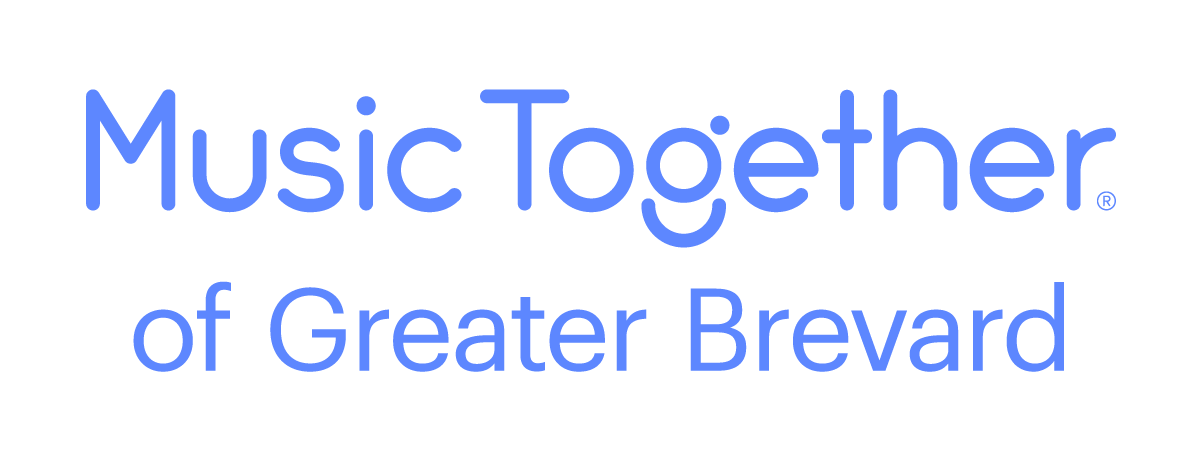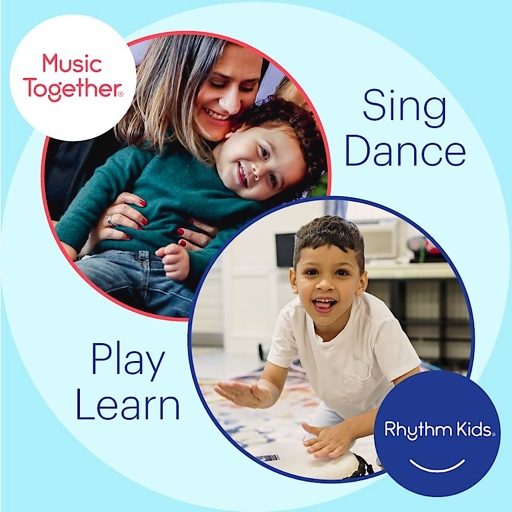
Music Together ®
Music Together is the premier music learning experience for children, offering fun, interactive, music and movement classes for toddlers, preschoolers, and “big kids” 5-9 years old.
Debra Thornton
Debra is a professional musician, Certified Music Together teacher, and a mother. Debra has been teaching music for 25 years, including 20 years teaching Music Together.

Music Together ®
Music Together is the premier music learning experience for children, offering fun, interactive, music and movement classes for toddlers, preschoolers, and kids 5-8 years old.
Debra Thornton
Debra is a professional musician, Certified Music Together teacher, and a mother. Debra has been teaching music for 25 years, including 20 years teaching Music Together.
Music Together
Music Together Rhythm Kids Level 1
Rhythm Kids Level 1 – ages 4-7.
Music Together Rhythm Kids Level 2
Rhythm Kids Level 2 – ages 5-10.
What Is Music Together?
Music Together offers fun, playful, interactive music and movement classes for babies through kindergarteners with their parents and caregivers. These classes provide a rich environment in which to explore the tonal and rhythmic elements of music through songs, chants, movements, and instrument play. For reinforcement at home, families get a CD of the current semester’s songs, a beautiful illustrated songbook, and online content.
The Music Together Philosophy
All children are musical. Therefore, all children can learn to sing and move accurately to a beat. The participation and modeling of parents and caregivers, regardless of their musical ability, is essential to a child’s musical growth.
In class, you will experience:
Infants, toddlers, preschoolers, kindergarteners, and adults learning and having fun together. Mommy and me, but also daddies, grandparents, siblings, and other caregivers – the whole family is welcome.
1. Mixed ages
2. Each child participates in their own way, at their own level.
Children have different personalities and learning styles, and all those learning styles are valid and welcome in our classrooms. Visual and aural learners might watch and listen a lot in class and not seem to be particularly engaged, but then you go home, put on the music, and suddenly there is everything we did in class coming out in their play! Kinesthetic or physical learners might jump right in and do what we are doing, or they might wander around the room. Again, at first glance they might not seem to be participating, but watch for the beat of the music in their feet and bodies as they wander, as well as for all the things we are modeling for them in class to come out later at home!
3. Variety of tonalities and meters
4. Opportunity for creativity and improvisation
5. Parent education during class
Questions About Music Together
Why Non-formal Instruction?
Play is the work of a child. Unlike adults, children learn best experientially. Music Together® offers a musically rich environment in which your children can develop music competence the way they learn best – playfully!
Click for More Details
Do babies benefit from music play?
Although babies may seem not to be participating, they are absorbing everything they hear, see and feel. You will learn to recognize your infant’s musical responses, and you will be amazed by how early they develop.
Click for More Details
About Debra
Debra Walden Thornton is a licensed Music Together Center Director and a Level I and Level II Certified Music Together teacher. She holds a B.A. in Visual and Performing Arts with a concentration in Vocal Music from the University of Maryland, Baltimore County (1994), and she has been teaching music for over 20 years. Debra is a seasoned performer (vocalist, dancer and actor) with a professional career spanning more than 40 years, and 20 years with Music Together.

Also…
Debra’s business is called Youth in Harmony. Class offerings include Music Together, Prenatal Yoga, Mom & Baby Yoga, Parent-Child Preschool Yoga, private voice and piano instruction, Youth In Harmony A Cappella Choir, and Bard Lite Condensed Shakespeare Company.
In 2001, Debra created and began to teach YogaMom’ba®,a program of yoga, dance and song for moms with infants and young children.
Debra is co-director of Bard Lite, Brevard’s only condensed Shakespeare company as well as director of the Olde Tyme Carolers.
